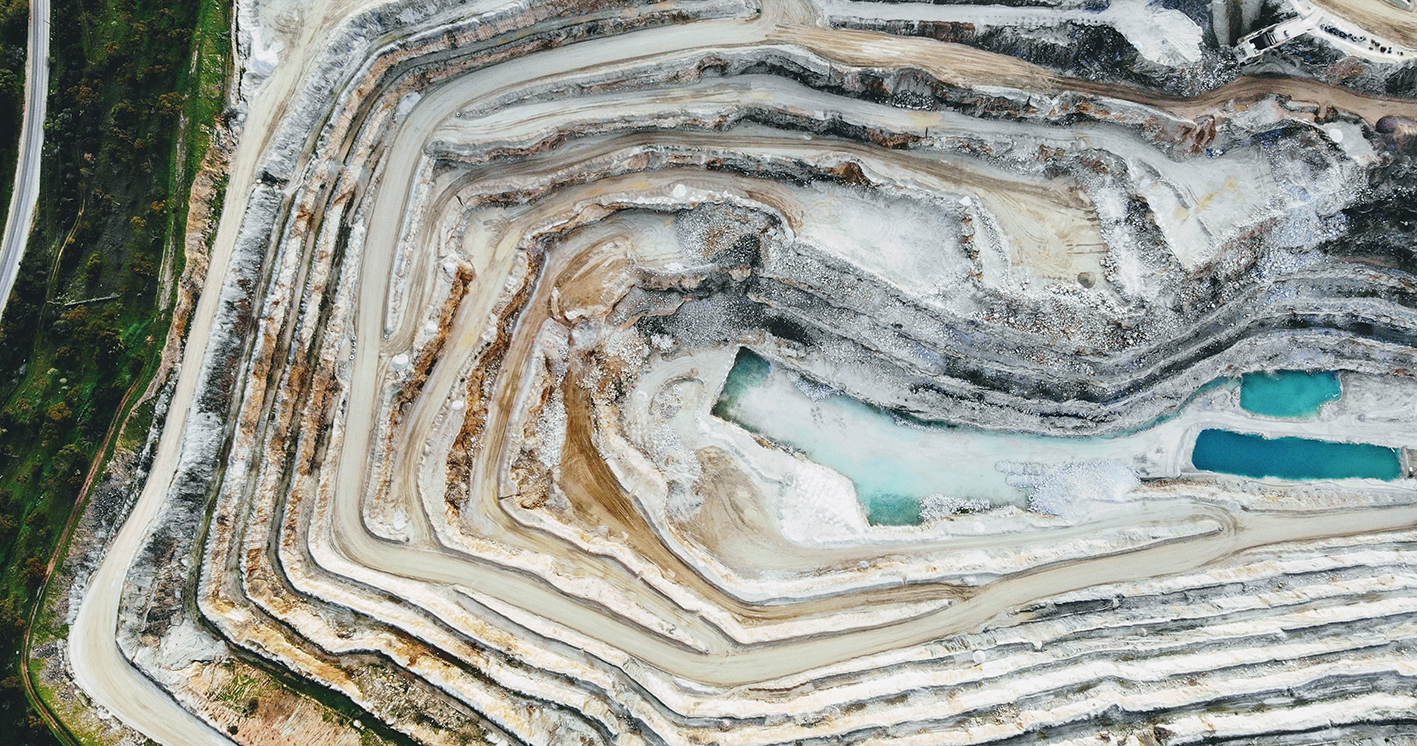Human pressures on the planet as a whole – the ‘Earth System’ – have now become so great that scientists have proposed that we have now left the Holocene, the geologic epoch that has been humanity’s accommodating home for the last 11,700 years. It’s proposed we’ve entered a new geologic epoch, the Anthropocene, characterised by extremely rapid changes to the climate system and the biosphere, driven primarily by a range of direct and indirect human pressures.
To understand what these changes mean for nature, ecosystems, and the future of humanity, and what we can do about it, join Professor Will Steffen, an Earth System scientist and researcher at the Australian National University, and Professor Brendan Wintle, Director of the Threatened Species Recovery Hub based at the University of Melbourne.
Professor Steffen’s research focuses on the incorporation of human processes in Earth System modelling and analysis; and on sustainability and climate change. Professor Wintle specialises in decision support for threatened species conservation, ecological modelling and monitoring, and measuring the cost-effectiveness of conservation programs.
Will and Brendan will describe how we must become stewards of the Earth System to secure our prosperity and conserve our natural and cultural heritage, based on transformed societies, with a greater level of equity and a focus on the maintenance of a well-functioning biosphere.
Streaming online via Facebook Live and the Victorian Parliament’s website.
This special series of online presentations explores the science and stories behind the game-changing work undertaken by Victoria’s scientific community. Our leading experts will talk about the work they’re doing to engage the community and affect meaningful change in their field of study and in our everyday lives. Presented by the Victorian Parliament, with the Royal Society of Victoria and Victorian Parliamentarians for STEM. A part of the Inspiring Victoria program.
For details and further information…read more.


